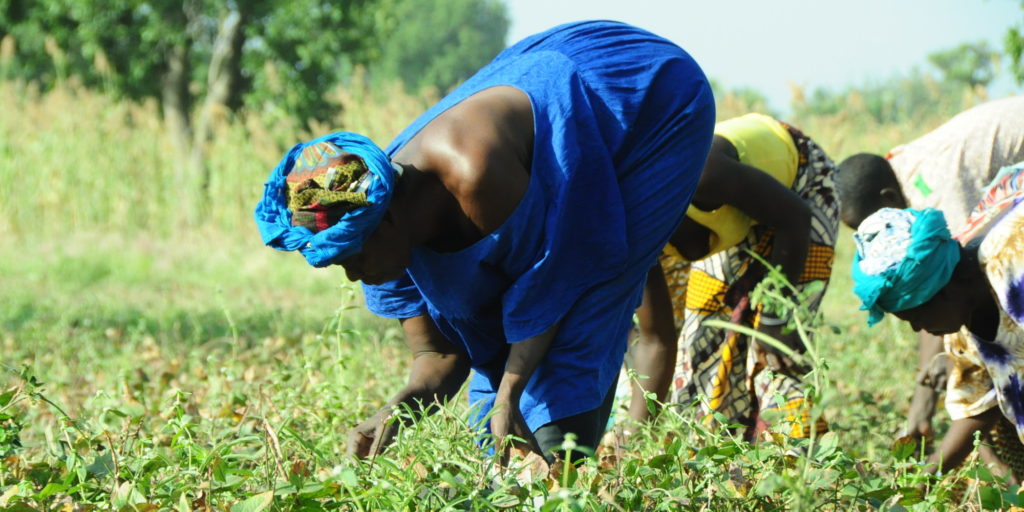As a policy objective, the attainment of food security in Nigeria began facing challenges prior to independence when oil exportation began in 1958. But the challenges became pronounced and persistent after the commencement of large-scale oil exports in the early 1970s, when the country nearly abandoned agriculture in pursuit of newfound oil wealth. Self-sufficiency in food production and agricultural export earnings, aided by widespread cultivation of food crops and regional specialisation in cash crops – the cocoa mountains in the west, the oil palm and kernel heaps in the east, and groundnut pyramids in the north – began to diminish and disappear respectively. Within a few years after independence in 1960, the agricultural sector transitioned from a net foreign exchange earner to net foreign exchange drain.
Featured

October 16, 2019
Efficiency of Food Reserves in Enhancing Food Security in Developing Countries: The Nigerian Experience
As a policy objective, the attainment of food security in Nigeria began facing challenges prior to independence when oil exportation began in 1958. But the challenges became pronounced and persistent after the commencement of large-scale oil exports in the early 1970s, when the country nearly abandoned agriculture in pursuit of newfound oil wealth. Self-sufficiency in […]
Read →
Related
Nigeria Economic Update (Issue 10)
Nigerias external reserve rose to its 19-month high in the week under review (March 3, 2017 to March 10, 2017). Precisely, the reserve improved by a daily average-percentage-increase of 0.21 percent, from $29.79 billion on March 3, 2017 to $30.04 billion on March 10, 2017 the highest level since August 2015. The rising reserve at the backdrop of steady revenue from improved domestic crude oil production/prices and forex inflows from rising exports, has reduced pressure on the Naira the naira has witnessed marginal but steady appreciation. While the recent improvement in oil revenue is a welcome development, concerted efforts need be made to develop the Non-oil sector so as to mitigate future oil revenue shocks.
Nigeria Economic Update (Issue 20)
The Naira maintained slight appreciation against the dollar in the review week. At the parallel market, the value of the Naira appreciated week-on-week by 1.6 percent to exchange at N380/$ on May 19, 2017. In addition, inter-bank market rate appreciated slightly by 15kobo to N305.45/$. The appreciation in both segments of the market are favorable effects of the CBNs continued forex supply in the week under review (In a bid to further ease forex liquidity, the CBN pumped a total of $457.3 million on May 15, 2017).

